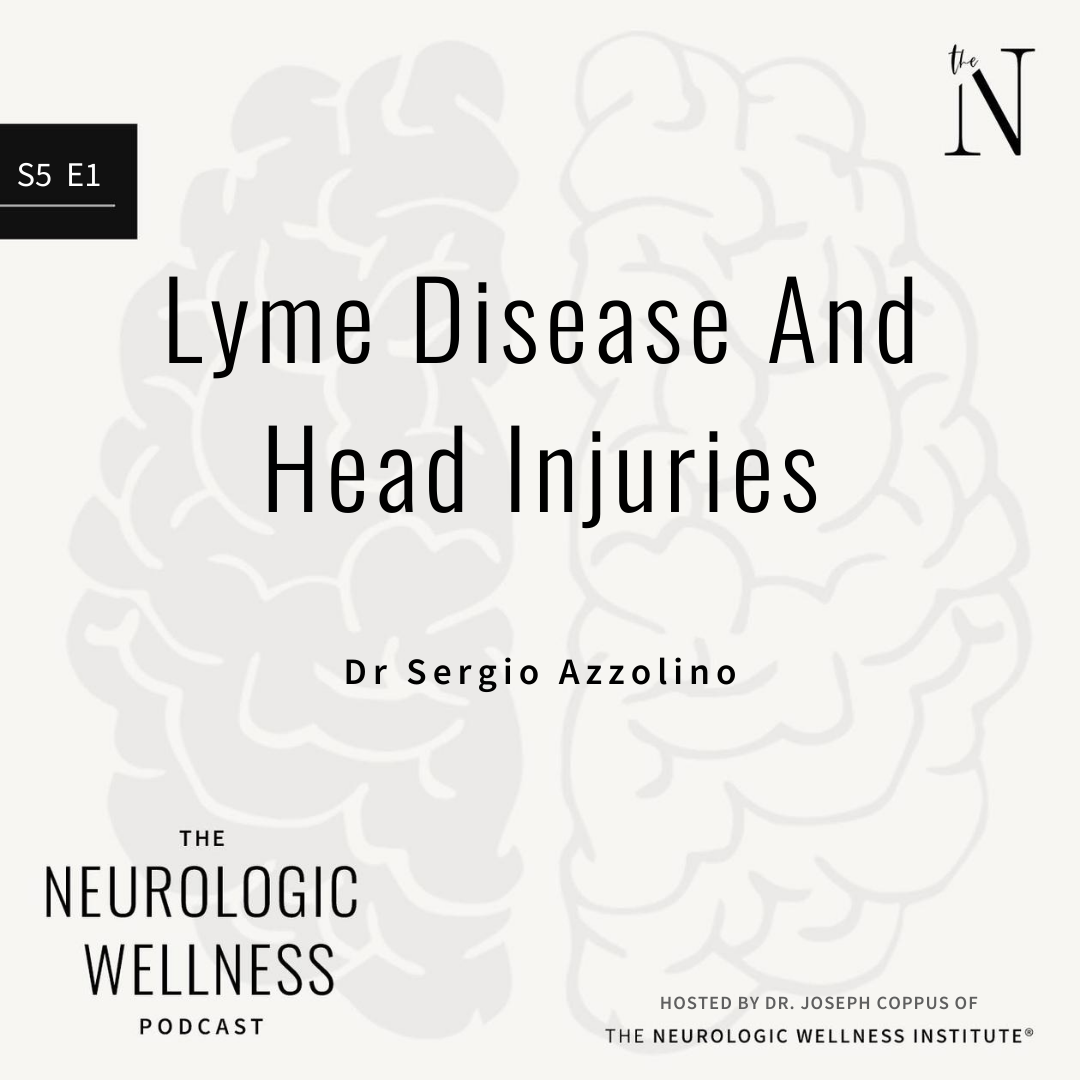Ask Dr. Nick
On today’s episode, Dr. Nick talks about the hypothesis that long-COVID involves persistent brainstem dysfunction. There are many possible reasons for prolonged symptoms following an acute infection of SARS-CoV-2. These include a persistent viral infection, autoimmunity, blood coagulation, excessive inflammation in the brain or body, and brain abnormalities. More specifically, the brainstem is the small area deep in the brain that contains a variety of different functioning brain cells. Many of its functions deal with automatic control of the body like heart rate, blood pressure, and breathing rate. Brainstem dysfunction parallels long-COVID when looking at the symptoms of fatigue, anxiety, headaches, gut problems, and exercise intolerance; therefore, it is possible that the virus caused inflammation and damage to the brainstem. Check out the video for more in depth information on the brainstem dysfunction hypothesis for long-COVID!
Yong SJ. Persistent Brainstem Dysfunction in Long-COVID: A Hypothesis. ACS Chem Neurosci. 2021;12(4):573-580.




